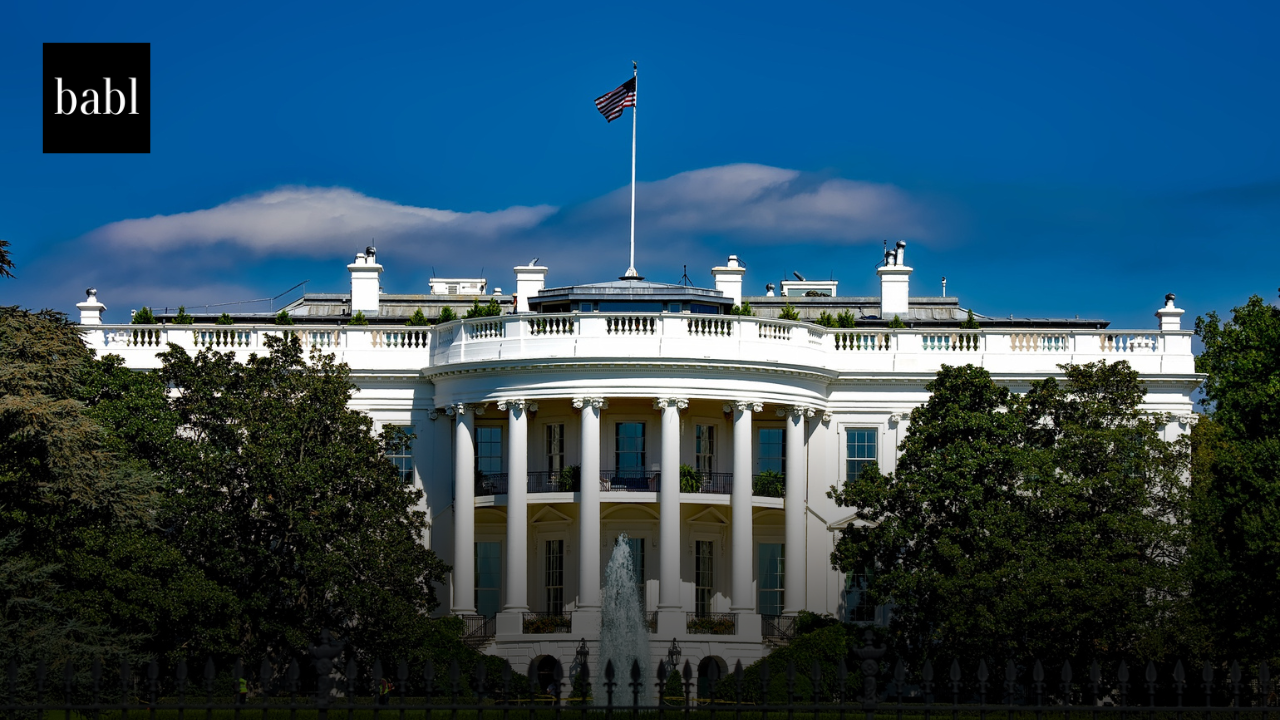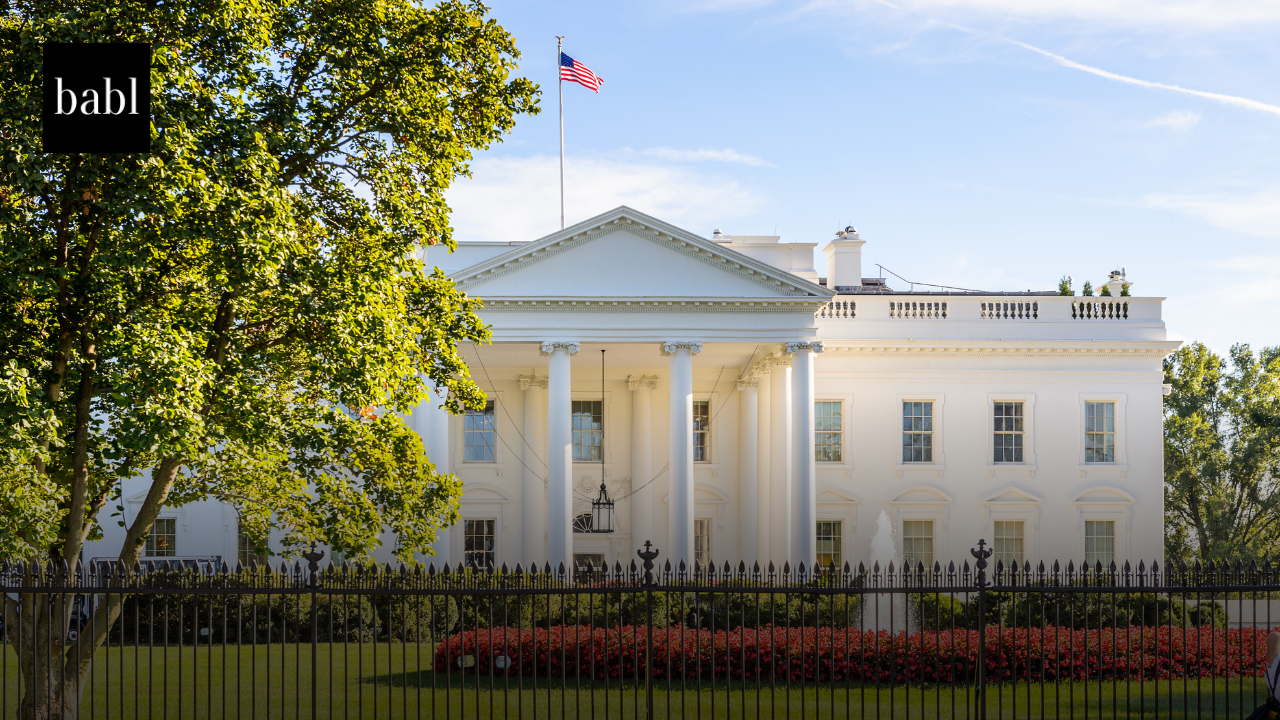Comments from the Center for AI and Digital Policy (CAIDP) have been sent to the U.S. Agency for International Development (USAID) regarding the Global AI Research Agenda under U.S. President Joe Biden’s Executive Order on AI. CAIDP applauds USAID’s commitment to inclusive and equitable AI development, and recommends prioritizing existing multilateral frameworks like the UNESCO Recommendation on the Ethics of AI and the Universal Guidelines for AI in determining the research agenda parameters.
It emphasizes adhering to principles of transparency, accountability, and fairness, and using a human rights-based approach to guide AI research and governance that respects democratic values and the rule of law. CAIDP highlights the importance of promoting diversity and inclusiveness, especially involving underrepresented groups such as women, minorities, and researchers from the Global South. Specific recommendations include establishing funding mechanisms, investing in global education programs, encouraging cross-cultural collaborations, and developing public participation platforms.
Addressing human impacts like bias, discrimination, and labor displacement caused by AI systems is also crucial, according to the comment. CAIDP suggests collaborating with initiatives like UNESCO’s Women4Ethical AI to tackle these issues, with a focus on the unique needs of populations outside the United States. Most AI systems are currently trained on data reflecting the Global North’s languages, cultures and lifestyles, potentially marginalizing other groups.
Moreover, the comments stress the need to bridge the AI divide between developed and developing nations through partnerships and capacity-building. This includes fostering technical infrastructure, tools, data resources and talent development in the Global South. Specific suggestions include grants for emerging AI scholars from developing countries, promoting inclusive consensus-driven processes, and prohibiting automated risk assessments in humanitarian aid contexts.
Keeping track of the everchanging AI landscape can be tough, especially if you have questions and concerns about how it will impact you. Don’t hesitate to reach out to BABL AI. Their Audit Experts are ready to provide valuable assistance.





